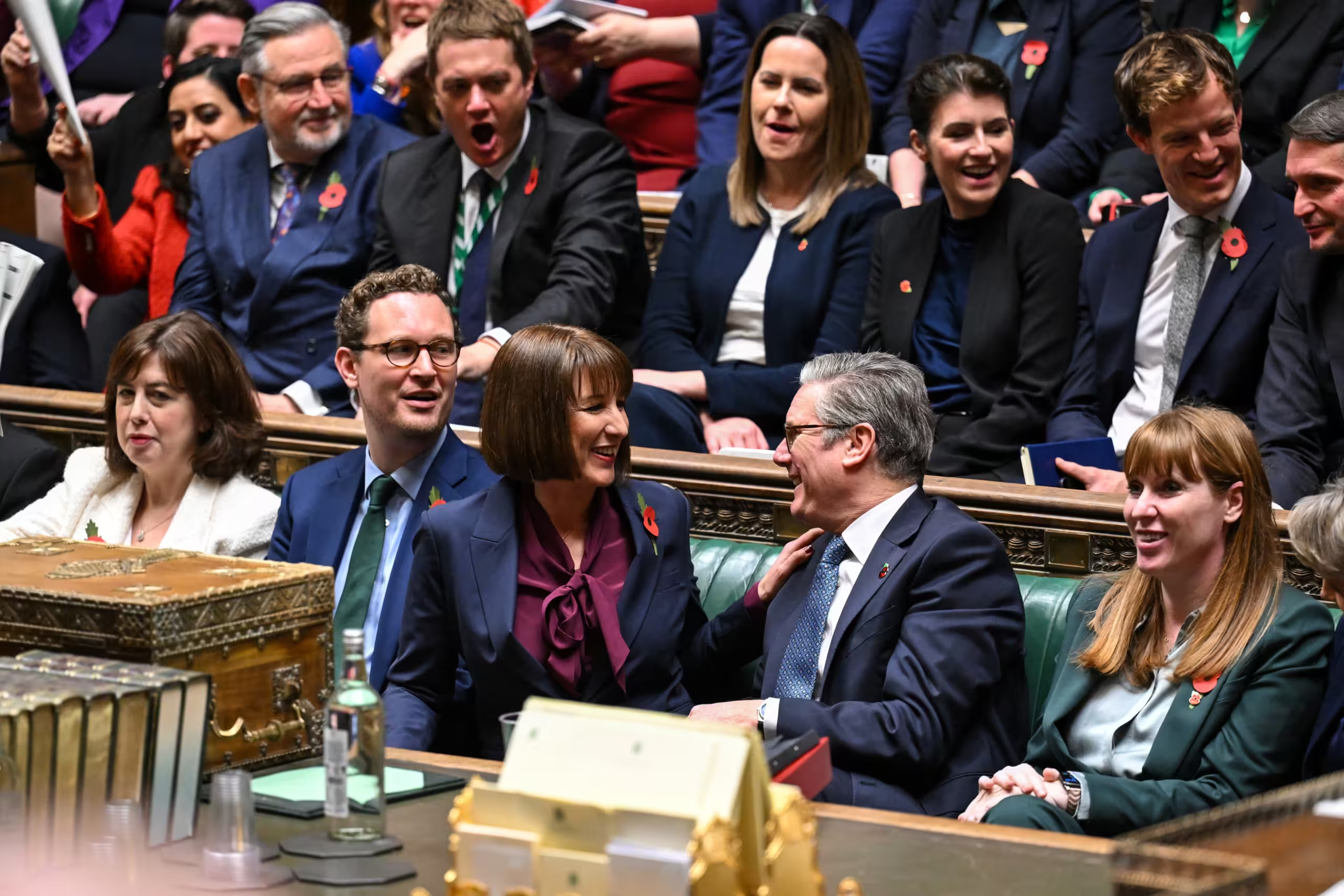British manufacturing activity declined marginally in October for the first time since April as new orders fell and shy investors awaited the Labour government’s budget. The purchasing managers index for Britain from S&P Global fell to 49.9 in October from 51.5 in September, below the 50-point threshold that separates expansion from contraction. This is because uncertainty over cha1nges in policies causes an industrial movement.
Economic Uncertainty and Manufacturing Industry
The first Labour budget in 14 years, disclosed by Finance Minister Rachel Reeves, brought significant tax hikes into public investment. There was a £40bn tax rise, with the employment taxes accounting for a £25bn portion and causing jitters among the investors. According to the director at S&P, “the concerns over policies made by the government have added a ‘wait-and-see approach’ to this investment and spending by this sector.” This has been reflected in the current operations within the factories, resulting in the modest contraction reported by the PMI.
Decline in New Orders and International Demand
As a matter of fact, for both consumer and intermediate goods, new orders for October slumped the most in April. Demand for UK-produced goods decreased in its country and other significant countries, including Europe, China, and the USA.
Softening of input costs, inflation concerns
The input costs of the manufacturing sector have eased the most since 2023 and have now reached their lowest rate. Because chemical and metal prices have eased, manufacturers’ selling prices have increased modestly. This may help the Bank of England ease its concerns over high service industry inflation. According to Dobson, if industrial prices are seen to ease further, the central bank would have much scope to support demand if the economy weakens further.
Investor Reaction and Future Outlook
UK stocks and bond markets cautiously welcomed the new budget as fears over the impact on inflation weighed down share prices and government bonds. Analysts think Labour’s stimulus package will prevent further interest rate cuts by the Bank of England. “Britain’s manufacturing industry began the fourth quarter under clouded circumstances as rising uncertainty threatens the sector and its implications for the broader economy.”.















